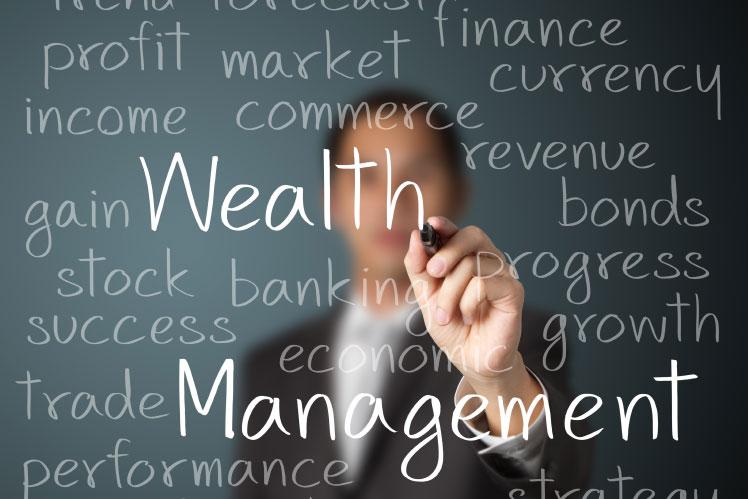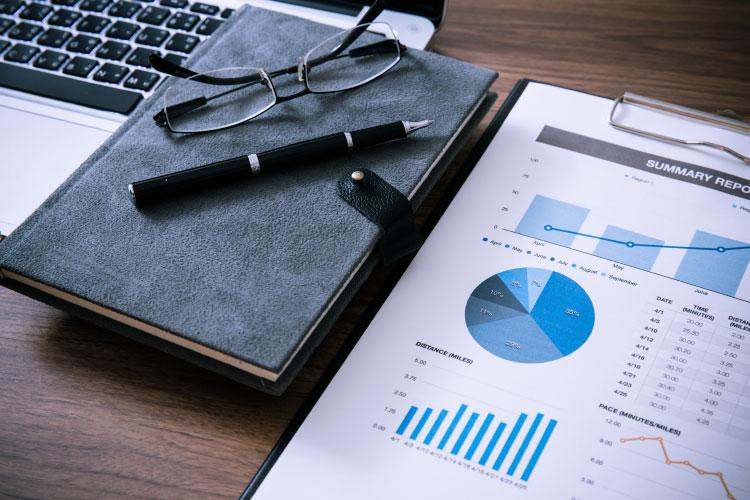The Role of Luck in Your Planning
One of the most interesting facets of the financial services industry is how so many people tend to invest their money and plan their financial affairs by chasing trends and doing what is "popular".
For example, many investors like a "sure thing" and will often pile into an investment sector that is hot.
As human beings we often like to see evidence first that something is coming into reality before we join the trend, which is the opposite of how financial planning, regular planning and goal setting actually work to create results.










